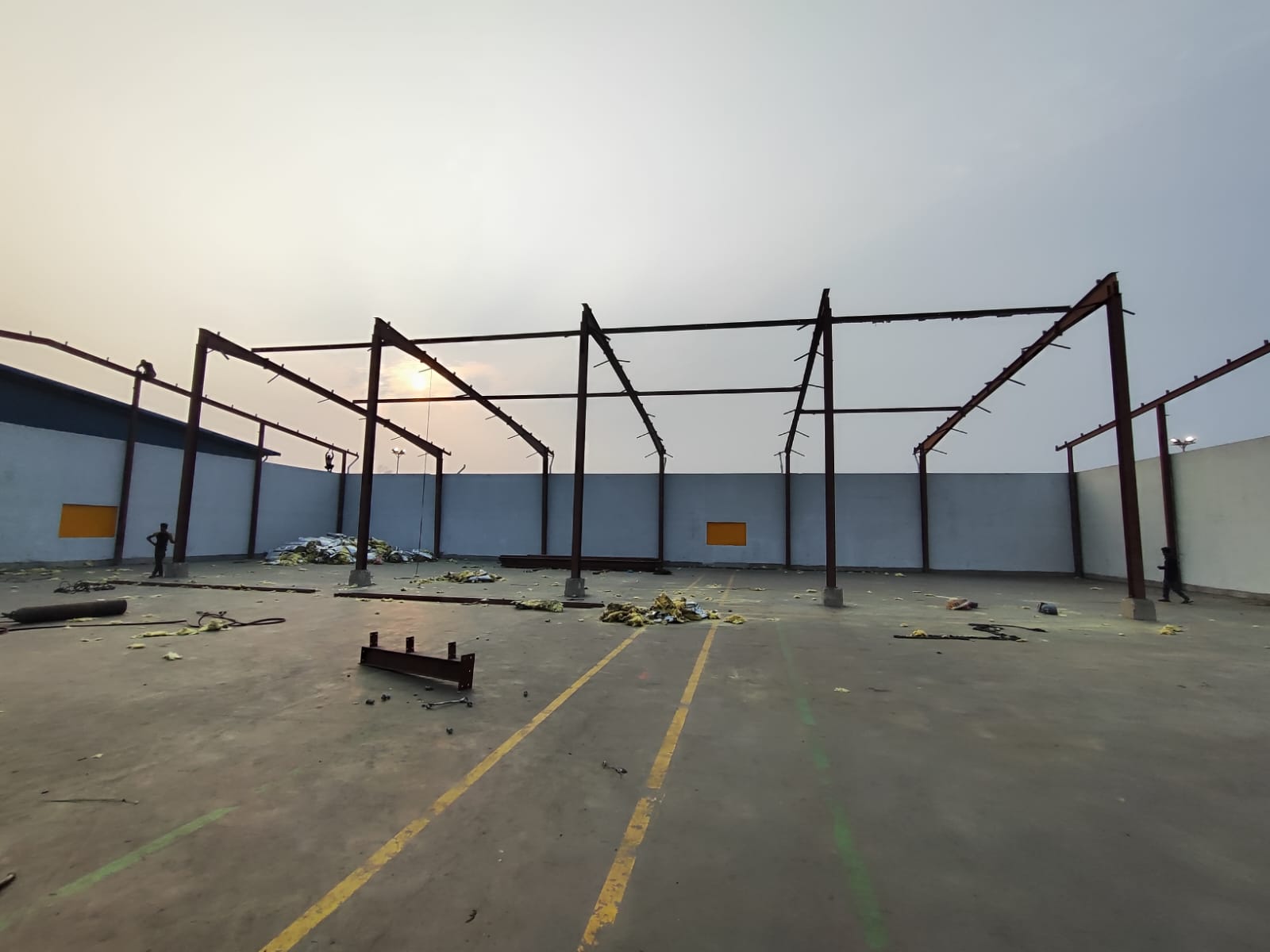Mon to Sat: 09:00 am to 06:00 pm

Mon to Sat: 09:00 am to 06:00 pm

1. Project Management:
2. Design and Architecture:
3. Engineering:
4. Construction and Contracting:
5. Regulatory Compliance:
6. Technology Integration:
7. Sustainability and Green Building Practices:
8. Safety and Quality Assurance:
9. Cost Estimation and Budgeting:
10. Post-Construction: